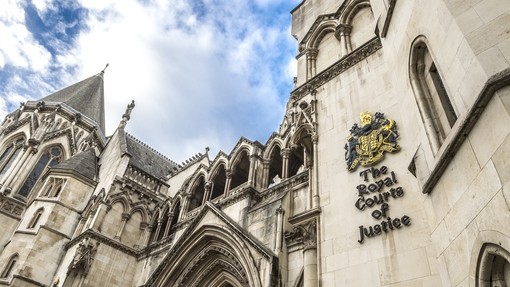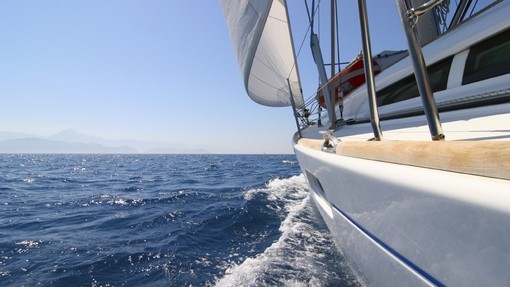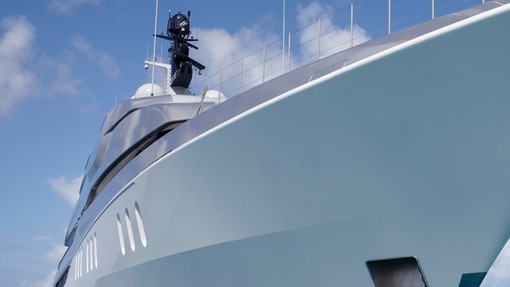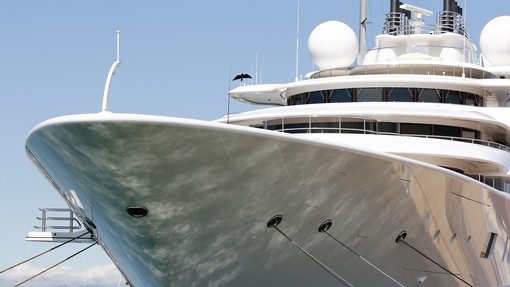Crew Contracts and Superyacht Confidentiality in TikTok Times

Crew Contracts and Superyacht Confidentiality in TikTok Times
Netflix’s Below Deck is a “reality” TV series featuring superyachts (notably renamed for the purposes of the show) as the supposed place of work for a cast of crew catering to the needs of (allegedly real) charter guests. Everyone featured in the series has consented to be filmed around the clock for a “warts and all” style exposé of their experience onboard.
The reality, however, is that the vast majority of superyacht Owners and charter guests expect, and demand, the very highest levels of privacy, confidentiality and crew discretion in relation to all aspects of a yacht’s operation and for what happens onboard.
Last week the Daily Mail published an article highlighting the growing trend for real crew members to publish TikTok snapshots of their life and work onboard superyachts. We question whether such filming and publication is always done with due regard to the necessary consents of the Owner, employment company and any other person onboard.
Crew members need to take care not to unwittingly breach confidentiality clauses which apply to them. This could be the case even when a TikTok video does not specifically name the yacht in question or where an effort has been made to obscure the yacht’s logo on the crew member’s uniform.
The standard MYBA contract for superyacht charters includes a confidentiality clause, and some charterers require even more detailed Non-Disclosure Agreements prior to a charter. These clauses mean that the seemingly innocuous posting of photos of the table set for the guests’ dinner, could in fact be prohibited.
A superyacht crew member is employed under a contract called a Seafarer Employment Agreement (“SEA”).
An SEA might include a clause which provides for an outright, blanket prohibition on posting any videos or pictures pertaining to the yacht on any social media channels.
The reasons for an Owner and employer wishing to insert such a prohibition can be understood. For example, huge costs go into producing marketing materials including official promotional videos. The publication of crew videos of the yacht with unmade beds and dirty toilets could undermine the yacht’s image: this is, quite literally, airing dirty laundry.
An alternative to a blanket ban on social media publications by crew is to restrict them to those authorised by, and published with the prior consent of the Owner, employer or Captain. This happier middle ground may facilitate social media publications which promote the yacht and its crew, to the Owner’s benefit rather than possible potential detriment.
Superyacht crew are generally bound by extensive confidentiality clauses in their SEAs. These clauses are intended to protect the reputation and privacy of the yacht (usually expressly including its operation, itinerary and crew assignments), its Owner and its guests.
The contractual consequences of a crew member breaching the confidentiality clause often include providing the employer with the right to terminate that crew member’s employment immediately, without notice. The crew member’s breach may also give rise to a claim by the employer against the crew member for damages in the event that any losses are suffered (including in respect of reputational damage). In addition, an employer may instigate injunctive proceedings against the crew member to order the immediate deletion of posts and/or prevent publications.
It must be said that confidentiality provisions for a SEA need to be carefully drafted to ensure their enforceability. These clauses need to strike a balance between protecting the interests of the Owner whilst also respecting the rights of individual crew members. These clauses cannot be total gagging clauses seeking to prevent any disclosure in all circumstances. There need to be appropriate carve-outs to authorise, for example, necessary disclosures to authorities including the police. Provisions that are too broad or unduly restrictive (for example those that are unlimited in time) may be unenforceable or subject to legal challenge. Conversely, provisions that are too weak may not provide adequate protection.
We recommend that Owners, employers and Yacht Managers review the SEA standard terms they are using for crew members and consider whether these clauses fairly reflect the current requirements of the yacht, Owner and crew, in particular checking whether they provide a clear policy in respect of social media.
Employment terms can be amended during the course of employment, with the agreement of employer and employees. Any existing confidentiality terms which are not fit for purpose can therefore potentially be amended. At Hill Dickinson we are able to assist with re-drafting SEA terms and can provide advice as to whether existing or desired clauses are likely to be enforceable.
Once Owners, employers and Yacht Managers are satisfied that the SEA clauses in place meet the yacht’s requirements, it is advisable to take steps to train and regularly remind crew members about these clauses. Options include bespoke training and/or open discussions about the reasons for the confidentiality and social media clauses, their importance for the Owner, crew and yacht, and the potential consequences of any breach.




